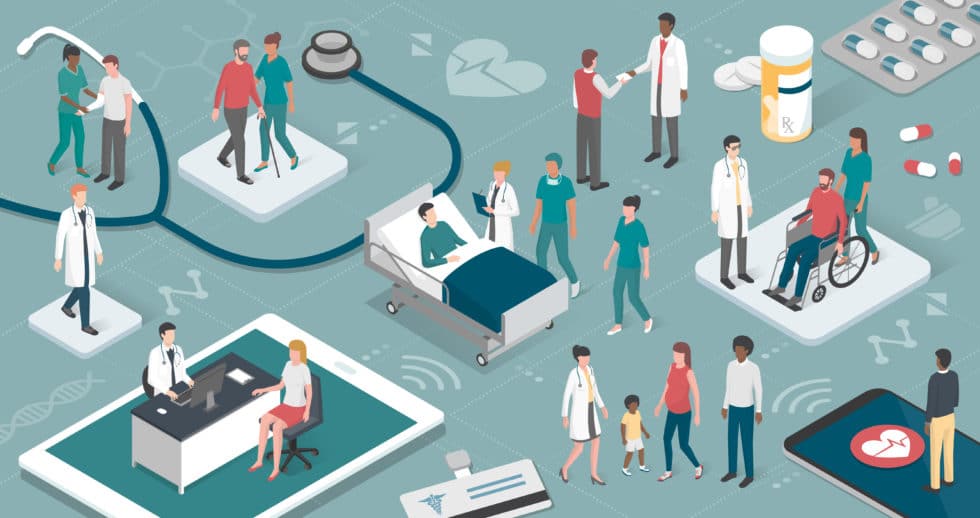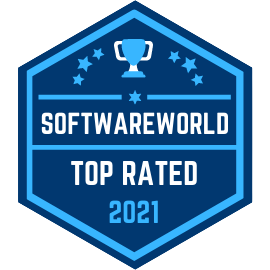As you’re most likely well aware, Robotic Process Automation is radically changing how business processes are designed, maintained and executed. You’ve probably heard companies are seeing critical processes drastically sped up with perfect accuracy, 24/7 execution, and comprehensive auditing capabilities, and while that all sounds great, how exactly is that happening? Additionally, how are healthcare organizations specifically taking advantage of and employing this technology?
Let’s check it out.
RPA is helping healthcare providers, payers, and suppliers by allowing them to spend less time and energy executing their necessary paperwork processes and spend more time focusing on improving the healthcare outcomes of those that depend on them.
Speed and Accuracy
RPA bots are able to execute repetitive tasks at a much greater speed than human operators, and with perfect accuracy. They still require a human operator to launch and handle exceptions, but they can greatly boost an employees productivity while simultaneously removing much of the tedium of their position. The old PEBKAC issues are completely eliminated.
Greater Productivity, Scalability and Flexibility
Your existing staff is empowered to achieve even more, and sudden increases in volume of work are more easily handled and dealt with while maintaining your time targets. This allows your operation to scale more quickly and results in less drag in the system overall independent of volume.
Improved Patient Experience
Faster turnaround times across the board for patients improve their experience. RPA can directly improve the experience of a patient in the case of pulling up information for inquiries or triage, or indirectly by freeing up staff to spend less time performing non-value add tasks and spend more time assisting patients.
Improved Employee Morale
Bot operators spend less time doing near mindless tasks like data copying and more time engaging in activities better suited to human cognition capabilities, which leads to more engaged, more fulfilled employees.
All of this sounds great but exactly how is this technology being applied?
Northhampton General Hospital
The COVID-19 pandemic led to a rapid rise in the number of patients requiring oxygen support via CPAP ventilator devices. The team at Northampton General Hospital wanted to monitor oxygen tanks closely to ensure it had constant and accurate readings readily available.
The existing process for oxygen monitoring was manual, and the hospital wanted to free up resources and reduce the risk of unnecessary errors as information was extracted from one system and input into another.
RPA was able to save the hospital 1500 hours of effort in the first month, as well as provide 100% accuracy and 24/7 monitoring, which was critical as the staff was so thin. This freed them up to focus on their patients.
R1 RCM
The nature of R1’s business is very labor-intensive and transactional with many repetitive tasks. While R1 leverages its built-for-purpose, integrated technology platform to allow for standardized workflow across these disparate systems, there can still be the “last mile” problem of actually transacting in these systems themselves.
By using RPA to automate their claims processing and payment/transaction posting processes, they were able to automate 32,000,000 tasks annually. They were also able to connect more than 75 different healthcare systems across their operations which massively increased throughput speed.
As you can see, RPA is helping healthcare companies spend less time on tasks that don’t contribute to patient care, which ultimately allows them to focus on the parts of their work that matter.
If you’d like to learn more and further explore your processes with one of our RPA consultants (for free!) please click here or on ‘Free Consultation’ button below to schedule a meeting.









